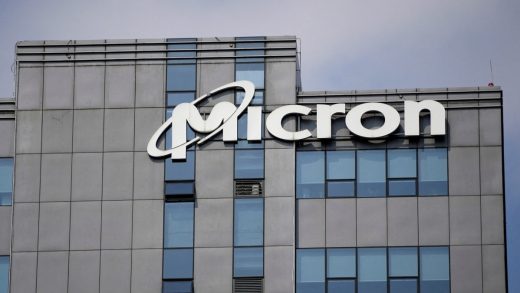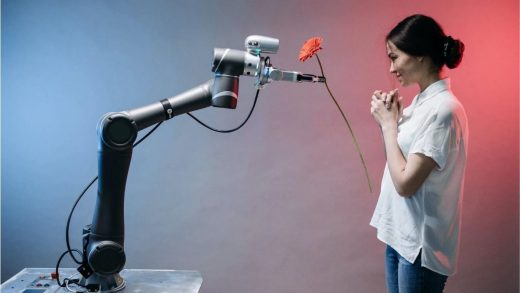
South Korea’s Hyundai Motor Group will launch its first India-manufactured electric vehicles by 2025 as the parent of the Hyundai and Kia brands looks to boost its presence in the nascent space dominated by Tata Motors.
Production of Hyundai’s locally manufactured EVs will begin by the end of 2024 and will be launched by 2025, along with Kia’s India-made EV, the Hyundai Motor Group said in a statement on Thursday, adding that it would unveil five models by 2030.
Both brands will use batteries made by Exide Energy Solutions to power their EVs, they had said earlier this month.
India is the biggest market outside North America and Europe for Hyundai, where its unit is headed for a $3 billion (roughly Rs. 24,997 crore) IPO – the country’s largest.
Hyundai, India’s no. 2 carmaker, known for its top-selling ‘Creta’ sport utility vehicle, currently sells two electric models in India, the Kona and IONIQ 5, neither of which are produced in the country. Kia’s lone electric offering, the EV6, is imported.
The company also reaffirmed Hyundai’s target of reaching annual production of 1 million by 2025, adding it would expand capacity at Kia to 432,000 from about 300,000. The combined capacity will grow to 1.5 million units.
Earlier this year, Hyundai completed the acquisition of a former Chevrolet plant in western Maharashtra state as part of its push to get production to 1 million units.
The announcements came during Hyundai Motor Group Executive Chair Euisun Chung’s visit to India – his second in less than a year.
© Thomson Reuters 2024


